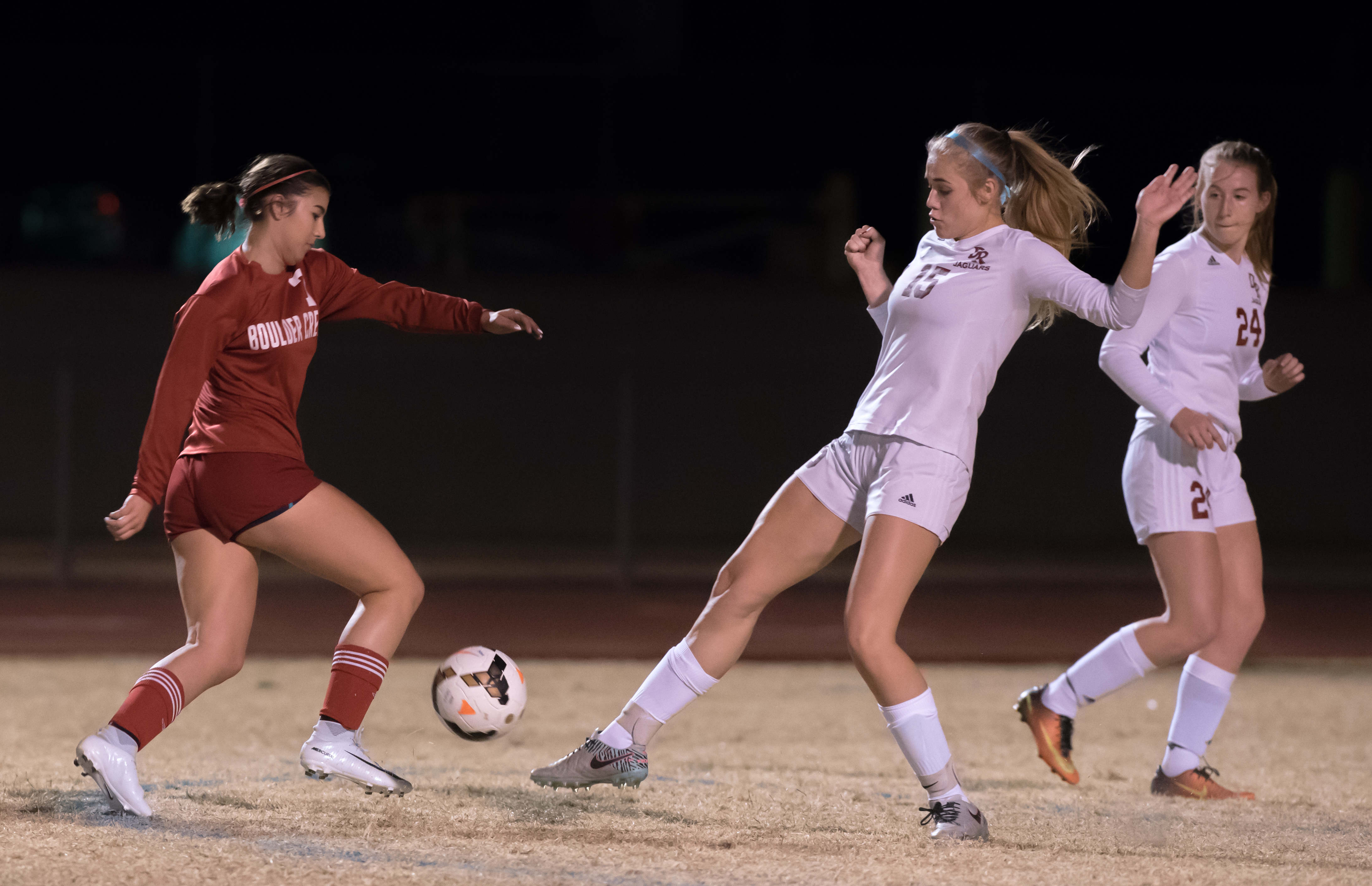Story by Evan Oscherwitz
Dave Peters has seen it all in his 12 years as the varsity swim and dive coach at Campo Verde High School in Gilbert.
Under his leadership, the Coyotes have won state championships and produced several collegiate swimmers, thanks in no small part to the culture Peters has instilled.
“There is this idea of family,” Peters said. “When you come to swim for Campo, you’re part of the family and you’re made to be a part of something.”
so happy to announce that our boys WON D2 State Championships!!🧡🏆💚 pic.twitter.com/J9p7S2vG16
— CVHS Swim & Dive (@camposwimndive) November 9, 2019
While Peters’ focus on creating a family dynamic within his program has helped foster great success in the pool, it has another, more important function – making the athletes feel as comfortable as possible and alleviating the pressure to perform in competition.
Over the years, Peters has observed that pressure is the single most common threat to the mental health of high school athletes.
Whether it comes from the athlete’s personal ambitions or from the expectations of those around them, the feeling is omnipresent and can often times be overwhelming.
“Pressure is a trigger,” he said. “When I see the monkey on someone’s back, one of the many things that we talk about is, ‘stop thinking about yourself, just forget about it. Start swimming for the team.’ It’s amazing what you can accomplish, especially for elite athletes, when they’re not thinking about themselves.”
In Peters’ experience, the vast majority of mental health issues that high school athletes deal with are not clinical in nature, but the result of environmental and interpersonal factors.
Counterintuitively, these issues generally do not present themselves in high-pressure situations such as meets, but rather in more routine settings such as practices.
“It’s usually during training,” he said. “Rarely during competition. Competitions are snapshots in time, and they might be pressure-filled but at that point the person is in that mode, so to speak. It’s when people have time to process stuff is when these issues manifest.”
In addition to pressure, Peters says that certain social situations can also lead to mental health issues.
To combat any subclinical mental health struggles his swimmers may encounter, Peters has worked to create a strong support system for the athletes and given them opportunities to grow closer together.
“The common denominator is love and empathy,” he said. “There’s lots of experiences that bond these swimmers, everything from pasta parties to doing fundraisers together. Some of the social stuff for example, like the pasta parties, are unique. It’s for swimmers and swimmers only, so the coaches aren’t even a part of that. They can literally let their hair down and be themselves.”

These team-bonding events are to ensure that all of Peters’ swimmers feel accepted within the program, but Peters also sees great value in strong interpersonal relationships between athletes and coaches.
While he emphasizes structural support within the program, he also makes sure to be available for his athletes when they need to confide in him.
“I cannot understate the love and empathy piece,” he said. “Talking people through something, that has to come from a place of love and empathy. You can talk them through it because you’ve been there, and that’s a lot of it.”
The conversation surrounding mental health has changed a great deal since Peters first began coaching, but he has noticed an increase in the frequency of mental health issues in recent years, which he attributes partially to the deterioration of familial support systems.
He believes that coaches have a responsibility to fill the void left by this breakdown, and that they act as caregivers for their athletes.
“If you’ve been coaching for a long time, I think you will see the full spectrum of mental health issues,” he said. “Everything from mild and benign and things that everybody goes through to situations where you might witness aberrant behavior. I think now, more and more, you’re going to see that somewhere.”
Though the passing of time has brought with it a heightened degree of acceptance for those who struggled with these issues, Peters says that certain crucial support systems are beginning to wither away, and that coaches now have an even greater duty to look out for their athletes.
As these issues become more and more prevalent, coaches must do more in order to achieve further progress.
“When people are going through stuff, we gather around them like a family,” he said. “One of the biggest changes I’ve seen is that the support systems people used to take for granted, for students and athletes, a lot of those are now being challenged. Coaches today now see more things than they saw in the past, but that’s all the more reason to be part of that solution.”
Related posts:
Sports360AZ
We provide exclusive Arizona sports stories from the pros, college, and high school levels. Bookmark our site or follow us on Twitter or Facebook for all your local sports news!



